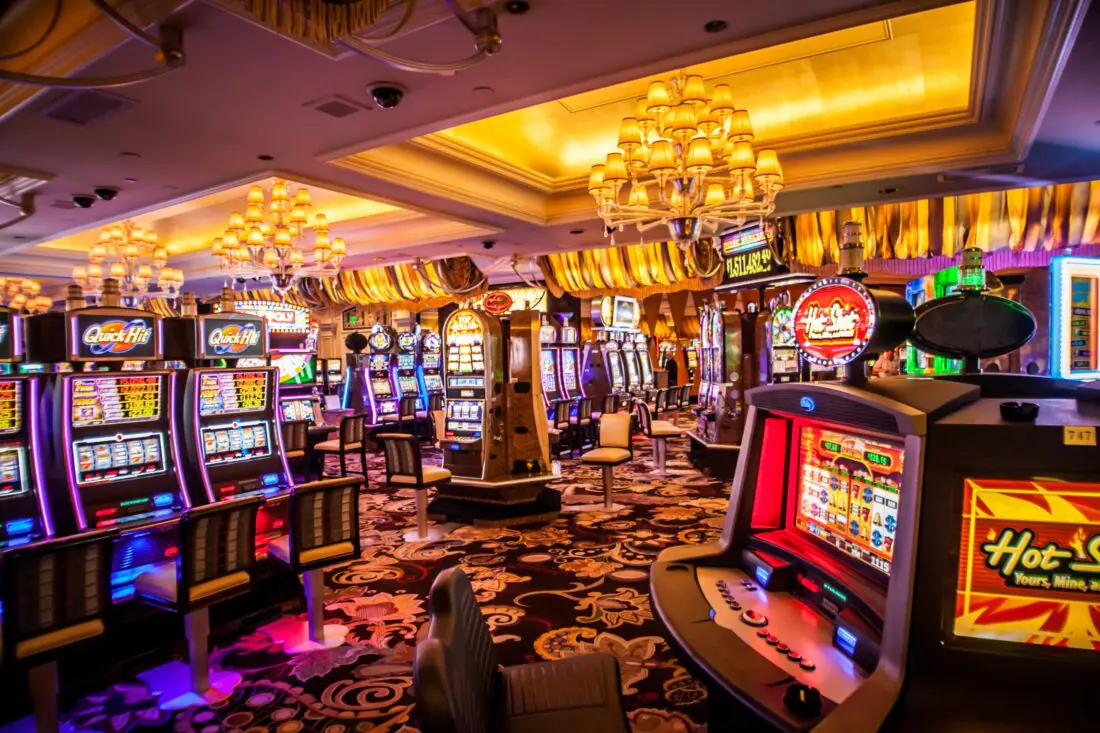The manner in which Gaming Experiences Represent our Humanity’s Experience

Casino games have long been a staple in human culture, delivering not just entertainment but a fascinating reflection of our dreams, wishes, and fears. From the turning reels of a slot machine to the skill-based strategies of poker, these games embody a spectrum of human emotions and events. At their core, casino games are not just a chance to win money; they are a reflection of life itself, where risk and reward converge and luck can change in an moment.
As players convene around tables or sit in front of brightly lit machines, they engage in a ritual that transcends mere betting. These games mirror our natural desires for social interaction, thrill, and the pursuit of luck. They also reveal deeper truths about human nature, such as our relationship with fate and the adrenaline of the unknown. In exploring casino games, we reveal not only the mechanics of play but also the rich tapestry of the human story, showcasing our woven narratives of goal and reality.
The Mind Behind Gambling
Wagering is deeply rooted in the psyche of individuals, appealing to various emotions and desires. The excitement of risk-taking is a fundamental aspect that attracts participants, whether the excitement of spinning a roulette wheel or the excitement of drawing a winning card in poker. This adrenaline is often compared to other forms of thrill, as the uncertainty of outcomes elicits a unique psychological response. Gamblers often become captivated by the chance of striking it rich, leading to an almost magnetic draw toward gambling games.
Additionally, an essential component of the psychology behind gambling is the concept of hope and aspiration. Participants often nourish fantasies of financial freedom and the opulent lifestyle that can accompany winning. This optimism fuels their continued participation in gambling, as it provides a sense of purpose and the conviction that a life-changing win could be just one bet away. The narrative of overcoming odds and achieving success resonates with many, reinforcing their commitment to play and involve themselves with these games.
Finally, social dynamics play a significant role in gambling psychology. Casino environments are designed to foster social interaction, where gamblers gather to share the journey of wins and losses. This shared aspect not only enhances enjoyment but also influences behavior, as individuals often mimic the actions of others in their vicinity. The collective approval found in shared excitement can magnify the emotional experience, making casino games a reflection of not just personal desires but also shared involvement within the gaming community.
## The Dual Nature of Risk and Reward
Gambling games embody the delicate balance between danger and gain that resonates profoundly with human psychology. The rush of placing a wager is often accompanied by a rush of adrenaline, as participants are confronted with the prospect of striking it rich, yet cognizant of the risk to suffer losses. BK8 Com This twofold experience reflects a core aspect of life: the choices we make often come with inherent risks, and the chase for gain can drive us to embrace risks we might not otherwise consider. In this way, gambling activities reflect real-world decisions, enticing players to gamble not just their capital, but also their hopes.
The allure of jackpot prizes and winnings fuels a feeling of positivity, encouraging gamblers to imagine a more promising future that could emerge from a fortunate turn of the wheel or turn of a card. This optimism can motivate individuals to engage in greater risks, pushing them to take greater risks in search of financial gain. However, just as in life, the results of these risks can lead to both triumph and failure. The stories of both jackpot winners and those who have lost everything at the casino demonstrate the unpredictable nature of chance and its impactful impact on our futures.
Ultimately, the experience of engaging with gambling activities serves as a potent reminder of the nature of humanity. Every game played is filled with the tension of ambiguity, as players weigh the gains against the risks. This interaction not only highlights the excitement that comes with gambling but also reveals the vulnerabilities that come with the longing for more. As we explore the complexities of decision-making and consequence in both the casino and in life, we find that the quest for gain shapes our identities and journeys in deep ways.
Community and Loneliness in Gambling Culture
Casino culture is a distinct combination of social interaction and personal pursuit, reflecting the contrasts of human experience. Gamblers often come together around games, experiencing in the excitement of the action, rejoicing in wins, and commiserating over losses. This social aspect is vital, as it creates a sense of community and bonding among varied groups of people. Regular visitors to gaming establishments may build friendships and establish routines, turning the casino into a second home where they feel linked to a greater community of gamblers.
However, the attraction of casino games can also lead to isolation. As individuals become immersed in the thrill of gambling, they may isolate from personal relationships or neglect to engage with the environment outside the casino. For some, the search of a jackpot can distract from real relationships, leading to loneliness. The experience of being among people yet feeling solitary is not uncommon, as the focus shifts from collective fun to the private stakes of each player’s path.
This interplay of community and solitude creates a rich mosaic that defines casino atmosphere. It showcases the intricacy of social interactions, where happiness and sorrow exist together. Gambling venues serve as both a sanctuary for social interaction and a platform for individual struggles, demonstrating how intimately entwined our desire for connection and the individual quest for fortune can be. In navigating this landscape, players confront their own narratives—seeking both the rush of the wager and the fellowship of other gamblers, eventually reflecting the wider spectrum of individual experience.
